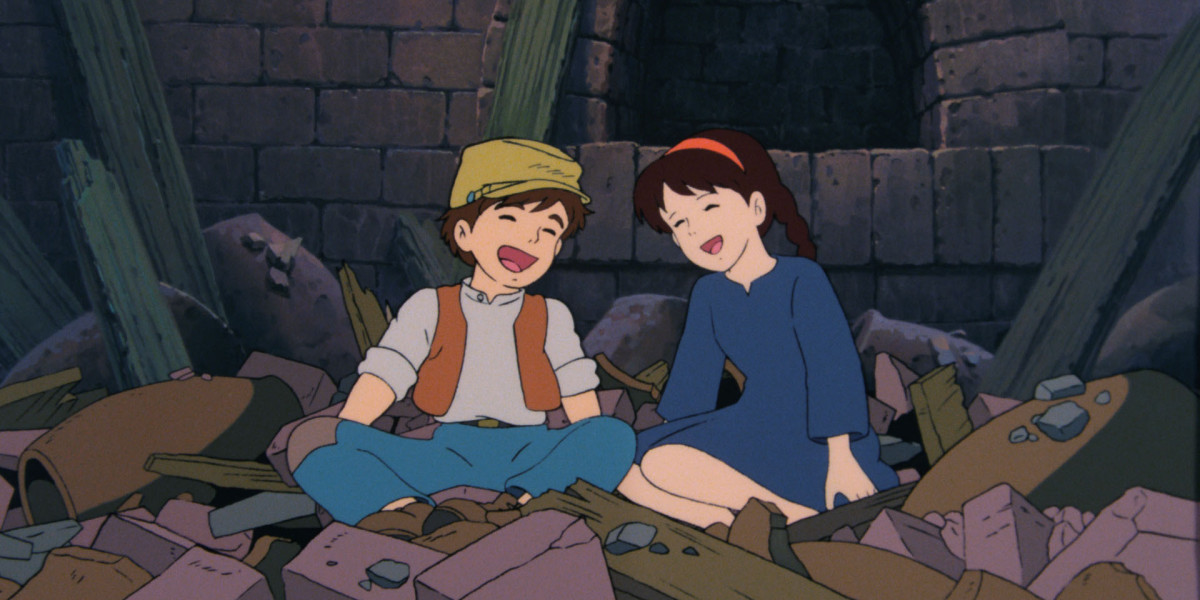 Playing Casino Slot Machines Responsibly
Playing Casino Slot Machines ResponsiblyCasino slot machines are popular with gamblers who are casual who appreciate the bright lights and the chance to win. They're also the most profitable game at a casino, making up more than 60% of the casino's profits.
Some people prefer to keep their winnings, while others set a limit and stop playing when they reach the amount. Whatever way you decide to handle your winnings, some tips can help you to avoid losing them.
They are a type of escapism
Escapism or the act of dissociating from reality, is a typical human habit. A lot of people use it to relieve anxiety or stress. A study found that distraction can help ease pain and anxiety. Therefore, it is important to find healthy escapes. The most effective ways to do this are by engaging in creative activities such as writing or music. Other methods involve exercising or a religious practice. These activities can provide not only a sense calm and satisfaction as well as a kind of relaxation. While there are many benefits to these activities, they must be conducted in a responsible manner and in moderation. Escapism may result in substance abuse issues or gambling problems, as well as other mental disorders. These issues require help from a professional.
Slot machines in casinos are a billion-dollar business that attracts millions of players every year. Slot machines are among the most popular game among gamblers despite other games getting more attention. They are simple to use and offer a large jackpot to win. However, there are a few misconceptions about how slots operate that could increase your risk of a problem.
These myths have contributed to the common belief that slots are addicting and rigged. Contrary to the myths however, the reality is that casinos are not in business of defrauding their customers. The odds of a slot machine are built into the chip of the computer. Casinos are unable to "tighten" the odds. They can, however, alter the payouts by changing the denomination of the coins.
In addition being a source of entertainment, casinos slot machines provide a sense of relief from real-world stresses and concerns. This is true especially for those suffering from PTSD and depression. In these cases, a quick escape into a world of fantasy can help ease the symptoms of these conditions. The feeling of being able to escape can be beneficial for people who are suffering from an uncontrollable state in their lives, such as during the COVID-19 pandemic.
Research has demonstrated that escapism is a significant predictor of online behavior. It is associated with a greater likelihood of online gaming and can also be a predictor of disordered gaming on the internet. This research builds upon the existing literature by studying changes in escapism within and between individuals over time.
They are a type of gambling
A casino slot machine accepts paper or cash and returns a certain amount of coins when the winning combination is made. The machine is comprised of a set of reels that are decorated with symbols, like stars, card suits bar, numbers, and bars (7 is a very popular one), and it pays out according to whether the symbols are aligned on the pay line (a row in the middle of a window). Casinos have different rules regarding their slot machines. Some allow players to adjust their coin amounts to control their losses and profits, while others restrict the number of spins, or the total dollar amount that can be wagered.
Casino slots are among the most popular gambling options. However, many people are unsure about how these machines work. Some claim that slot machines are manipulative, while others say that they do not pay out as they used to.
The modern slot machine is a complicated computerized machine that includes a variety of components and programs. These programs are designed to make the most of the player's habits and maximize profits. The machine's algorithm is built on algorithms that calculate the probability of top winning slots and losing. While it is impossible to beat the house edge, you can lower your risk by playing fewer games or betting less money.
Casino slot machines were originally designed to be a distraction for gamblers who aren't experienced. The machines do not require any gambling knowledge, and anyone is able to play with a small bet. They have since become the most popular form of gambling, accounting for more than 60 percent of all gambling profits.
Some casinos have banned them, while others offer them as a cost-effective way to spend time. Tourists love them and contribute a lot to the local economy. Some of them offer their services on cruise ships as well as in airports.
The first mechanical slot machine was invented in 1891 by Sittman and Pitt of Brooklyn, New York. It was an early precursor to the modern slot machine featuring five drums that could hold 50 cards each. The player inserted the nickel and pulled a lever which spun the drums and the cards. The player hoped for a poker hand, like a pair of kings or a royal flush. The machine would then pay out prizes, like cigars or beer.
They are a form entertainment
Slot machines at casinos offer the best chance for players to win large jackpots. They are simple to play and require no prior knowledge or skills. However they can be extremely addictive and cause serious problems if not used in a responsible manner. If you're planning on playing with slot machines, you must understand the house edge and the rules of the game before you start betting your money.
Modern slot machines have been designed to make the casino money over time. This is accomplished by using algorithms to determine the frequency the machine pays out, and how much it will hold back. This is known as the "cycle." Slot machines can be programmed to pay more than they earn for a brief period of time however, this isn't the case on a regular basis.
The original mechanical slot machines were simple to operate and didn't require much knowledge. They had a handle that could set the reels into motion, and when the same symbols were aligned they would pay out cash or tokens. In 1898, Charles Fey invented the Card Bell, which was the first automated three-reel slot machine that allowed the payout of coins. Fey's invention was a huge success in saloons across America, and it helped to grow this business.
In the 1980s the development of electronic systems that allowed slot machines to connect to one another over a vast area. A small portion of each coin inserted went into a "super jackpot" that could reach astronomical amounts before being won. The rest was deposited directly to the owner's account. This technology has made slot machines more popular. The sounds of coins falling into the hopper was swiftly replaced by digital readouts that were displayed on monitors.
Electronic slot machines today can include up to 1024 paylines. Some machines have horizontal paylines while others have diagonal or zigzagging lines. Random number generators are also used to determine the results of every spin. In addition to random numbers, some slot machines also have a "joker" symbol that can substitute for other symbols and awards more money when it is part of winning combinations.
They are a source of income
Casinos' slot machines can be very seductive however, they don't always produce consistent earnings. Slot machines aren't an ideal source of income due to their inherent house advantage, unpredictable nature and high risk of addiction. Slot machines can be enjoyed responsibly if gamblers keep track of their spending and put entertainment over any financial gains. Before you begin gambling, make sure you know the rules.
Modern slot machines are simple devices that can pay cash and prizes based on the outcome. The machine is controlled by computer software, and the odds of each game are incorporated into the software. The odds of a game are also affected by the type and quantity of coins it will accept, and also the payout schedules for winning combinations. In some casinos, the odds are displayed on a screen, letting players know the odds of winning.
There are many different types of slot machines that are available in casinos today. They range from classic three-reel machines to progressive slots that are connected to several casinos and contribute a tiny portion of each bet towards a larger jackpot. The machines are also available in a range of themes, including television and video game characters. Some machines play large screens and acoustic music which entice players.
Slot machines are the most important part of any casino's financial success which generates between 65 and 80 percent of the casino's revenues in certain states. In Las Vegas, the proportion is less, but it is still a significant portion of total revenues.
Some people claim that casinos manipulate slot machine odds to influence player behavior and increase profits. While this is true to some extent, it is not as easy as changing the house edge on a blackjack table. Casinos don't want their slot machines to lose their appeal, so they are reluctant to alter the odds. In fact, most of the odds are built into a program on the machine's chip, and changing it will require the replacement of the entire chip.
 A new study suggests that the stereotype of poor, uneducated senior citizens gambling their Social Security pensions on slot machines is a myth. Instead, the typical casino slot machine player is a middle-class female homeowner who loves playing to the excitement of winning a huge jackpot. This is the result of an ongoing shift in the way casinos market their products to potential customers.
A new study suggests that the stereotype of poor, uneducated senior citizens gambling their Social Security pensions on slot machines is a myth. Instead, the typical casino slot machine player is a middle-class female homeowner who loves playing to the excitement of winning a huge jackpot. This is the result of an ongoing shift in the way casinos market their products to potential customers.








